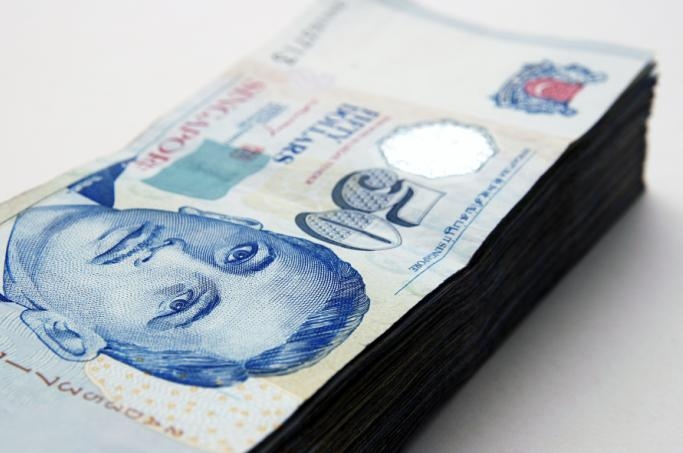
Currency Briefing - what you need to know for Tues March 27, 2012
Comments from FOMC Chair Ben Bernanke left the US dollar lower against major currencies while the euro reaped benefits.
RBS reported (for 26 March 2012 trading):
The USD fell against the majors during NY hours after Bernanke's comments on the labour market highlighted that he remains sceptical of the labour market recovery. The markets interpreted his comments as supportive of additional asset purchases at some point.
EUR/USD surged to above 1.3350 on what looked like a short-covering position squeeze. Positioning in EUR contracts on the IMM reported last week showed that investors are cutting EUR shorts but on an aggregate basis still hold a large net short position (as of Tuesday 20 March).
The EUR likely also benefited from increased optimism on the outcome for Friday's Eurogroup meeting, where a decision about the EFSF/ESM is expected to be reached. German Chancellor Merkel said that Germany would consider allowing the two funds to run parallel but reasserted that Germany would not favour raising the EUR 500bn ESM ceiling.
With our EUR/USD fair value model showing fair value well below 1.30, we see short EUR exposure vs. both the USD and CAD as attractive at current levels.
GFT, on the other hand, noted (for 26 March 2012 trading):
The euro benefitted significantly from Bernanke’s comments today. Even though Europe has no shortage of problems, interest rates expectations renewed demand for U.S. dollars at the expense of the euro in the beginning of the month because improvements in economic data coupled with optimistic comments from the U.S. central bank led many investors to believe that the ECB would be more dovish than the Fed this year.
When Bernanke suggested that this may not be the case, he reset the landscape for the U.S. dollar. However it is far too early to say whether the Fed will really be more dovish than the ECB. The Eurozone still has more underlying problems than the U.S. and faces greater risk.
Just this morning, ECB members Weber and Noyer said that ECB loans is not a solution to the crisis and the region may have to live with emergency measures for some time which suggests they also believe that monetary policy needs to remain accommodative.
The decline in Spanish yields has supported the rally in the EUR/USD but the situation in Europe is so pressing that even the Germans appear more willing to up the region’s firewall, a topic that will be discussed extensively at this weekend’s Ecofin meeting.
Despite the rise in yields and the weakness in recent Eurozone PMI reports, German business confidence continues to improve. The German IFO index rose to an eighth month high of 109.8 from 109.7.
Although the increase was extremely small, the improvement was nonetheless surprising and reassures investors that the current state of the Eurozone economy is not nearly as bad as everyone fears. German import prices and consumer confidence are due for release on Tuesday. Stronger numbers should provide additional support for the euro.
The EUR/USD soared approximately 75 pips on the comments, breaking 1.33 in the process. The next level of resistance for the currency pair will be its year to date high at 1.3485.
























 Advertise
Advertise






